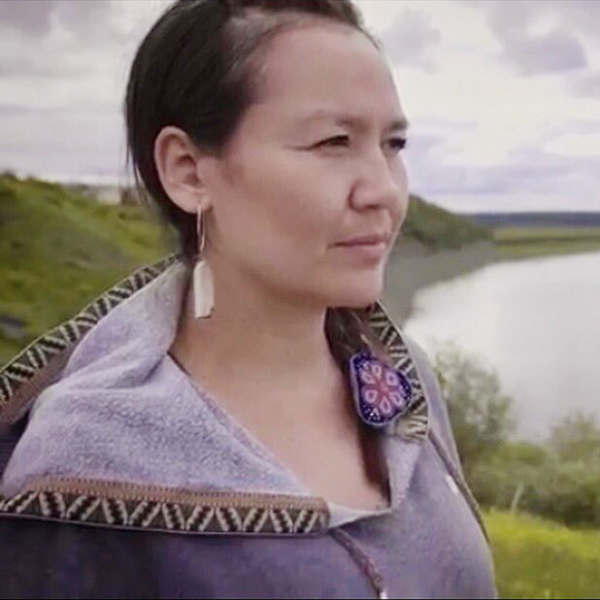
Andreas Raspotnik
Director, High North Center, Nord University; Senior Researcher, Fridtjof Nansen Institute
/
This panel presented and discussed the results of the scenarios workshop, organised by the High North Center for Business and Governance at Nord University, on investment futures in the European Arctic over the next 10–15 years, placing them in context for local, national, and EU policymakers. Drawing on scenario methodology, the workshop explores key uncertainties shaping Arctic development, from geopolitical rivalry and resource strategies to the role of indigenous knowledge and the prospects for sustainable growth. Against a backdrop of shifting US–Greenland, US–EU, and Europe–Russia relations, participants examined what kinds of investments may emerge in this geopolitical and economic hotspot, who will drive them, and how competing visions for the Arctic’s future could unfold. The panel shared these alternative Arctic investment scenarios up to 2040 and discuss their implications for policy and strategic planning.
Session moderators
Session speakers

Researcher, Nord University Business School

Executive Director, Arctic Economic Council

Ambassador for Arctic Affairs and Senior Arctic Official, Ministry for Foreign Affairs of Finland

Mayor of Luleå, Sweden

Manager of Community Partnerships with Northern Energy Innovation, Yukon University; Vuntut Gwitch'in First Nation

Policy Officer, European Commission (DG RTD)

Chief Strategy Officer, Marine Spark X